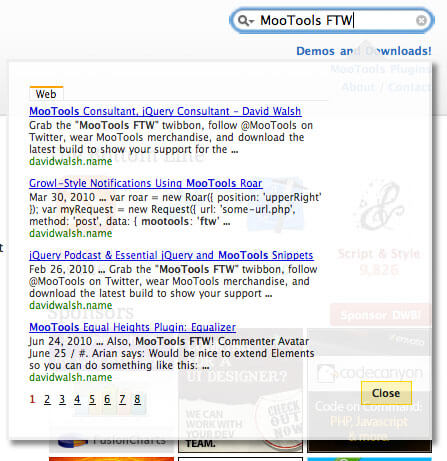CSS selectors never cease to amaze me in how powerful they can be in matching complex patterns. Most of that flexibility is in parent/child/sibling relationships, very seldomly in value matching. Consider my surprise when I learned that CSS allows matching attribute values regardless off case!
Adding a {space}i to the attribute selector brackets will make the attribute value search case insensitive:
/* case sensitive, only matches "example" */
[class=example] {
background: pink;
}
/* case insensitive, matches "example", "eXampLe", etc. */
[class=example i] {
background: lightblue;
}
The use cases for this i flag are likely very limited, especially if this flag is knew knowledge for you and you’re used to a standard lower-case standard. A loose CSS classname standard will have and would continue to lead to problems, so use this case insensitivity flag sparingly!

Page Visibility API
One event that’s always been lacking within the document is a signal for when the user is looking at a given tab, or another tab. When does the user switch off our site to look at something else? When do they come back?

CSS vs. JS Animation: Which is Faster?
How is it possible that JavaScript-based animation has secretly always been as fast — or faster — than CSS transitions? And, how is it possible that Adobe and Google consistently release media-rich mobile sites that rival the performance of native apps? This article serves as a point-by-point…

Cross Browser CSS Box Shadows
Box shadows have been used on the web for quite a while, but they weren’t created with CSS — we needed to utilize some Photoshop game to create them. For someone with no design talent, a.k.a me, the need to use Photoshop sucked. Just because we…

Implement the Google AJAX Search API
Let’s be honest…WordPress’ search functionality isn’t great. Let’s be more honest…no search functionality is better than Google’s. Luckily for us, Google provides an awesome method by which we can use their search for our own site: the Google AJAX Search API.
Source link

